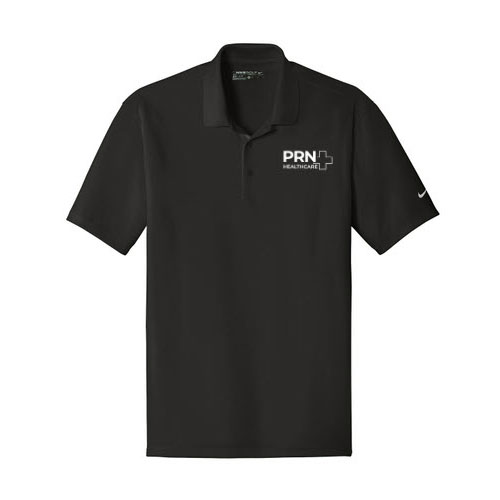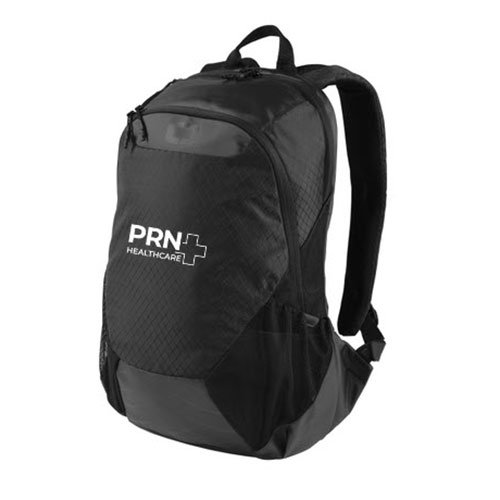As a Healthcare staffing agency, we understand the importance of having reliable information and trustworthy information available to you. That’s why our healthcare content is created by experienced nurses and healthcare professionals who understand the industry firsthand. We use trustworthy sources and keep our information up-to-date so you can feel confident in the advice and resources we offer.
Why a good resume is essential when applying for a new Neurosurgeon job
A well-crafted and effective resume is important when searching for a new neurosurgeon position as it serves as the first introduction and is a marketing tool to showcase your professional qualifications, skills, and experience. A compelling resume becomes the initial point of contact with potential hiring managers, and it is imperative to make a lasting impression.
A detailed and thoughtfully written resume should highlight your medical degree, board certification, fellowships, and any specialized training relevant to neurosurgery. It allows candidates to effectively communicate their proficiency in patient care. Furthermore, a resume should demonstrate the candidate’s commitment to the requirements of the neurosurgeon role.
We will provide a few important tips and an example of a good resume to help improve your resume/CV and secure an interview.
How long should the Neurosurgeon job resume be and what information should be included?
A neurosurgeon’s resume should be comprehensive yet concise. You should provide enough information to showcase your qualifications, skills, and experience. Generally, a resume should be around two to three pages in length, but it’s important to prioritize content over length.
The following information should be included in your resume: contact information, resume summary or objective, education, licensure and board certification, clinical experience, skills, research and publications, teaching and academic roles, professional membership, continuing medical education, and honors and awards.
Points that need to be included in a resume
Contact Information: Include your full name, professional title, phone number, email address, and LinkedIn profile (if applicable).
Pro-Tip: Your name should be in the biggest text on the page and listed near the top of the resume. Your address should only include city and state. The provided email should be a professional email. (You should not use your current job email for a resume.)
Resume Summary or Objective: Provide a brief, targeted statement summarizing your expertise, career goals, and what you offer as a Neurosurgeon.
Education: Include your educational background, including the name of the institution, degree earned, and graduation date. List your education in reverse chronological order with your most recent and highest degrees first. List your medical degree, residency, and fellowship training.
Pro-Tip: If you are a new graduate, you may want to place the education section above the experience section. As you gain work experience, your education section should be shortened. If you have not graduated, you can add “expected graduation date” to the school.
Certifications and Licenses: Specify your medical license details and any relevant certifications.
Clinical Experience: Include your work history in reverse chronological order. For each position, include the name of the hospital or clinic, location, and dates of employment. Highlight any specialized procedure or surgery you have experience performing.
This is the most important section. Your professional experience should be presented in bullet points and a separate section should be created for each relevant previous job experience. The headline for each previous job experience section should be in bold with the addition of the time you were employed. Beneath the company name, the position should be mentioned, and the bulleted points should list the job responsibilities.
Pro-Tip: It is important to mention not only the job responsibilities but also your achieved results at that job.
Research and Publications: List any research projects you’ve been involved in and publications that you have authored or co-authored.
Presentations and Conferences: Include any conferences or seminars where you have presented your work or research findings.
Skills: Outline both your technical and interpersonal skills that are relevant to neurosurgery. Include your proficiencies in relevant technology and surgical techniques.
Professional Memberships: List any medical or neurosurgical associations you are a part of.
Awards and Honors: Highlight any special recognition or awards you have received for your contributions to neurosurgery.
Professional Development: Showcase ongoing education, training, and workshops that you have attended to stay current in the field.
Note: If applicable, mention any languages that you are proficient in.
A neurosurgeon’s resume should highlight a combination of medical, technical, interpersonal, and leadership skills. Here are some important and relevant skills to include:
- Surgical Skills:
- Proficiency in a wide range of neurosurgical procedures.
- Expertise in minimally invasive techniques.
- Ability to perform complex surgeries involving the brain and spine.
- Medical Expertise:
- In-depth knowledge of neuroanatomy and neurophysiology.
- Diagnosis and treatment of neurological disorders.
- Comprehensive understanding of imaging and diagnostic tools.
- Patient Care:
- Compassionate bedside manner and the ability to communicate with patients.
- Ability to explain complex medical concepts to patients and their families.
- Problem Solving:
- Critical thinking and analytical skills for diagnosing and treating complex cases.
- Adaptability to unexpected challenges during surgeries.
- Technical Proficiency:
- Familiarity with advanced surgical technologies and equipment.
- Competency in using medical record systems.
- Teamwork and Collaboration:
- Collaboration with colleagues including nurses, anesthesiologists, and other professionals.
- Effectively communicate with the surgical team.
- Leadership:
- Leadership in the operating room and in the clinic.
- Mentorship and teaching both residents and medical students.
- Decision-Making:
- Ability to make informed and timely decisions in a critical situation.
- Judgement to choose the most appropriate treatment options.
- Research and Academic Skills:
- Experience in conducting and publishing neurosurgery research.
- Involvement in academics like teaching and presenting at conferences.
- Continuous Learning:
- Commitment to professional development and remaining current with advancements/treatments in neurosurgery.
- Attendance at relevant conferences and workshops.
- Communication Skills:
- Effective communication with colleagues, patients, and families.
- Clear and concise documentation of patient records.
- Time Management:
- Efficient time management in both clinic and surgery.
- Ability to balance multiple responsibilities and prioritize tasks.
Pro-Tip: It is common for each job post to receive hundreds of applications and a resume checking system is often in place for recruiters to filter through relevant applications. Your resume should be customized each time to the specific neurosurgeon job you are applying for. You should emphasize relevant skills and experiences to demonstrate to the employer you understand the requirements of the position and are the best candidate. You will be more successful if you identify the key phrases in the job description and incorporate them into your resume.




